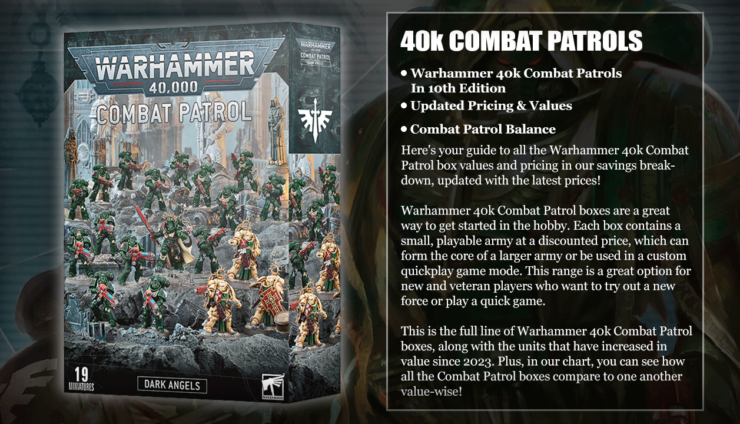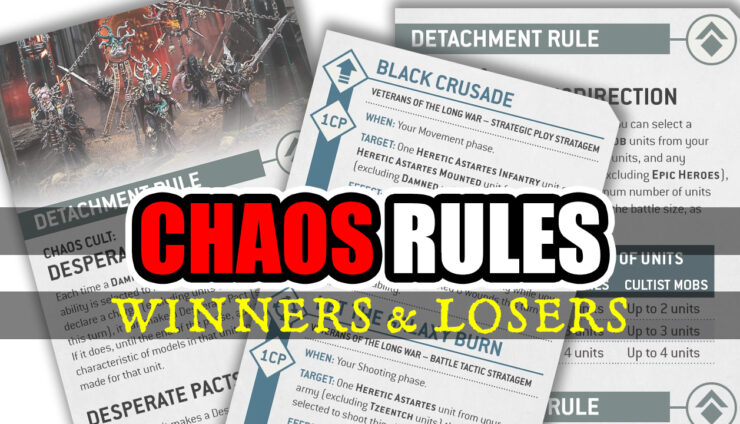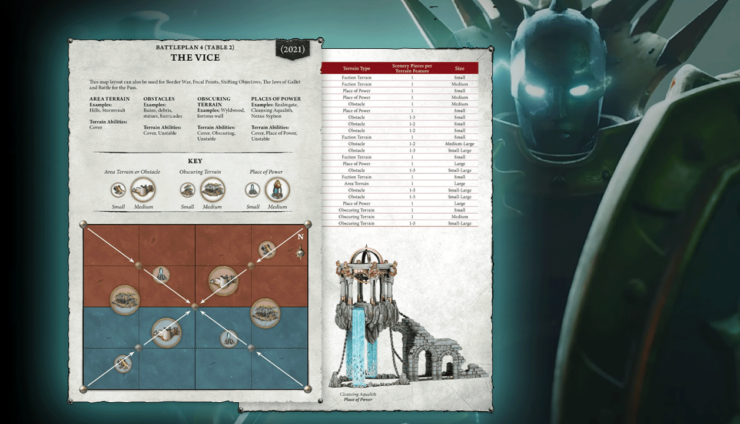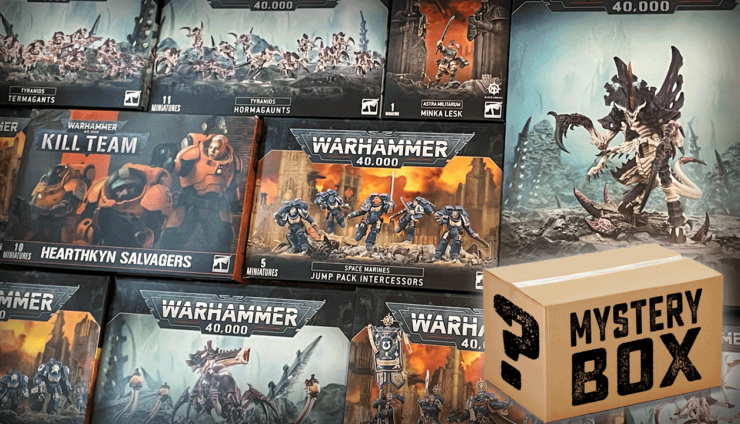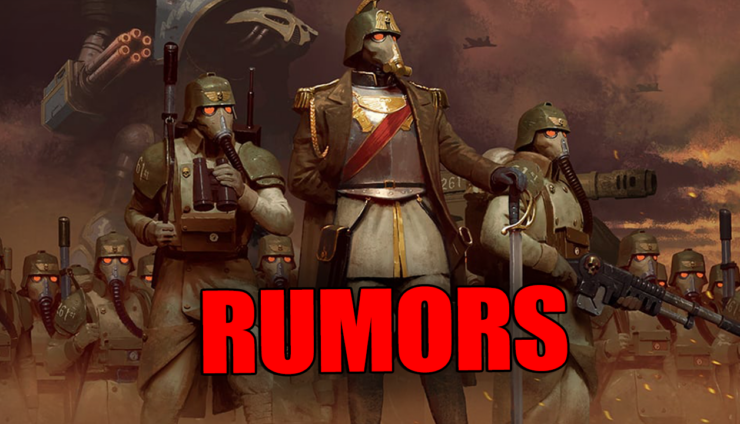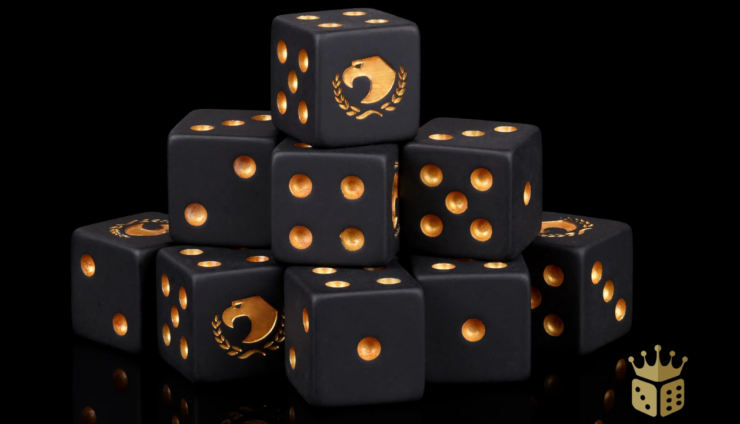We’ve heard it called Heroin for nerds (and plastic crack for years) but is Tabletop Gaming / The Warhammer Hobby actually addictive?
Last summer video games were getting mainstream press when the World Health Organization classified “gaming” as a disorder that can be addictive. CNN also used the term “digital heroin” in their reporting. on the newly introduced disorder.
We also ran an article by Dr. Greg from The Plastic Crack Blog that went over the criteria of the gaming disorder above and compared it to his hobby of tabletop wargaming. And no the irony of his site’s name is not lost on any of us at this point I don’t think.
This is his article from July of 2018 on Spikey Bits:
Hi everyone, Dr. Greg here from The Plastic Crack Blog and today I’m going over the controversial topic of gaming and addiction.
Can Tabletop Gaming Be Addictive As Well?
We all know the feeling of wanting more and making your gaming a priority.
In recent times addiction to video games has made its’s way into the media with teens dying after 22-day straight gaming marathons and with treatment centers popping up all over the world. In more professional domains it has also been recognized as a clinical syndrome that requires further study. But can this new disorder be translated from the virtual realm to the tabletop?
This is the DSM-V otherwise known as the Diagnostic and Statistical Manual of Mental Disorders. This is what I and other professionals in mental health use as a tool for looking at diagnostic categories relating to mental health. It was released in 2013 and created by the American Psychiatric Association. When it was released it had a section of further disorders that are not technically classed as official diagnoses but those which need further study. It proposes the following criteria of which you need to meet 5 to classify as having the disorder.
- Preoccupation
- Withdrawal symptoms
- Tolerance – needing more and more
- Unsuccessful attempts to control the habit
- Loss of interests elsewhere
- Continued excessive use despite knowing the psychosocial problems
- Deceiving others about use
- Using to escape or relieve a negative mood
- Jeopardising or losing a significant relationship, job, education or career opportunity
One study in Asia concluded that the point prevalence in adolescents between 15 and 19 was 8.4% for males and 4.5% for females.
More recently the World Health Organization has followed suit and classed a gaming disorder with similar but less rigid criteria. This is likely to appear in the latest version of the International Classifications of Diseases which is likely to see its 11th edition released this November. This is more commonly used in Europe and outside of America than the DSM. They state
- Characterized by impaired control over gaming
- Increasing priority given to gaming over other activities to the extent that gaming takes precedence over other interests and daily activities
- Continuation or escalation of gaming despite the occurrence of negative consequences.
But what if we applied these criteria to tabletop games? The very name of my channel is a joke that most gamers recognize in that miniatures for wargaming are plastic crack. We can’t get enough. I added up in the last two years just how much I alone have spent on wargaming and it amounts to over £7,000.
So am I an addict?
I would argue that the most important feature when looking at whether or not an enjoyable and time-consuming hobby becomes an addiction is when you cross the line of whether or not something is detrimental to one’s life.
This includes damaging relationships or health both mental and physical or finances to the point where someone cannot live, or even the ability to function within society such as going to work. I don’t feel that tabletop gaming specifically damages my relationships. It actually improves them and I feel no emotional or physical withdrawals when I cannot play, such as irritation, aggression, or depression.
But it certainly has put a dent in my finances but I still have a roof over my head and money to eat.
I’d be really interested to hear your experiences in the comments below and whether you think that tabletop gaming could have such an effect.








